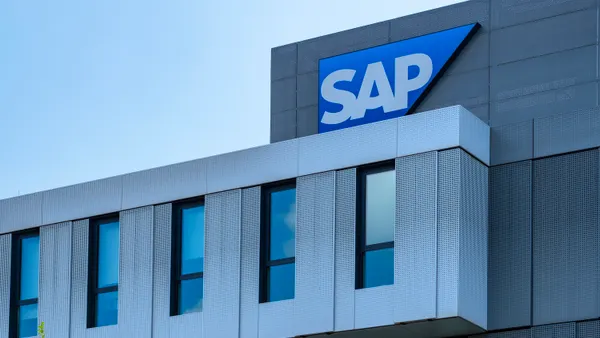Dive Brief:
- Automation is reshaping and replacing manager duties, said Gavin Tay, VP analyst at Gartner, speaking at Gartner IT Symposium/Xpo Americas Tuesday. Bosses will be able to oversee larger sets of humans as more tasks are taken off the desk.
- Two critical sets of tasks will continue to require human intervention: strategy setting, which requires creative skills; and advanced team management tasks, which require social skills. "Pretty much everything else can be replaced with existing technology," said Tay.
- Companies leaning on "robobosses" will be twice as likely to be listed as top-performing when compared to companies that haven't deployed them over the next three years, Gartner predicts.
Dive Insight:
Automation has stretched throughout the office landscape, reaching more processes as the technology evolves and adoption grows. The next target: clerical work clogging up bosses' schedules.
The technology proved its worth in the pandemic, helping organizations react and adapt. It assisted companies overwhelmed by peaks in customer service, eased the friction in the remote onboarding process and supported remote IT help desk duties for staffers strained by the lack of co-location.
As adoption grows, the technology will impact what company structure looks like. The scope of middle management will shrink, adding oversight of digital workers to the job description, according to Forrester.
But the existence of robobosses isn't new. It already shapes how ride-hailing companies allocate their drivers within a geographic area, using an algorithm to be able to keep up with demand, Tay said.
Unilever deployed an automated training program for new entries, saving 50,000 hours of candidate time. Virgin Atlantic Airline also used algorithmic "bosses" to ensure that pilots use the right amounts of fuel during take-off and landing. "That saved them $3.3 million worth of fuel," said Tay.
It's an acceleration of a trend already underway prior to COVID-19. In January, Gartner found 69% of what managers currently do can be replaced by existing technology, and will be completely automated by 2024.
Facing a reworked to-do list, "managers will be able to manage many more people and more complex business strategies as they will now have more capacity," Tay said.














